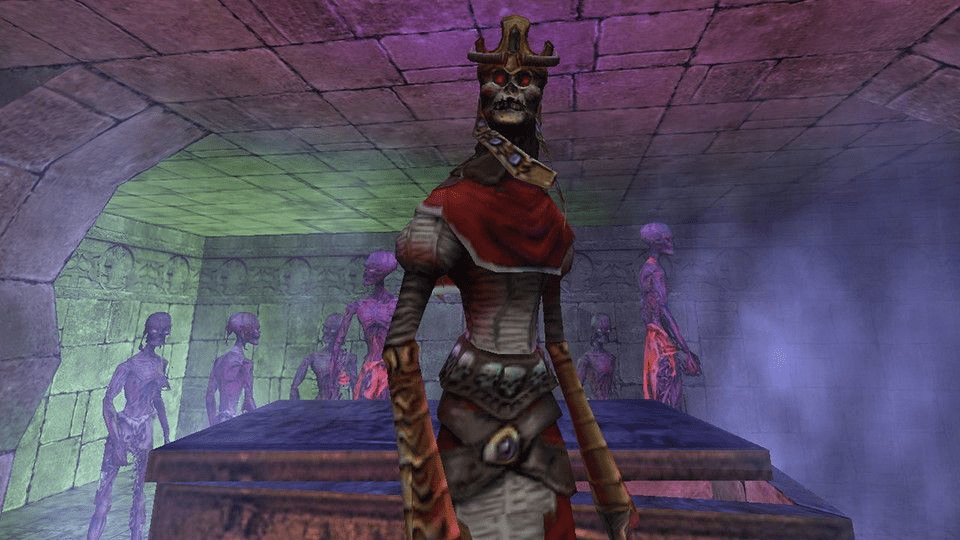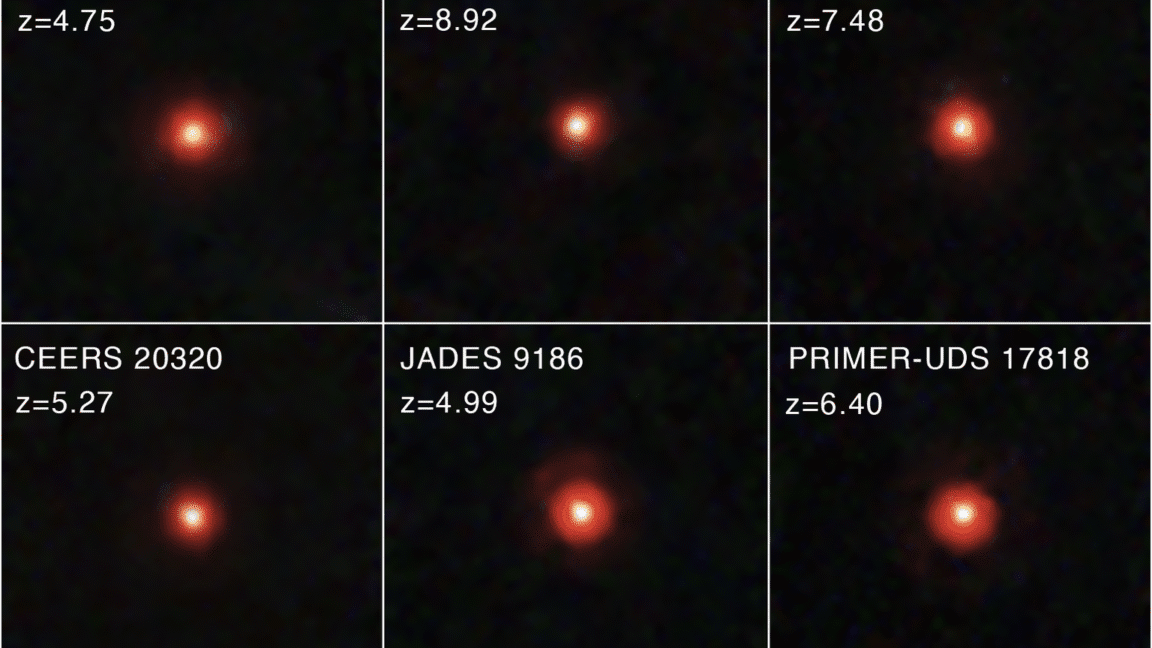
new project brings strong linux compatibility to A new open-source project aims to enhance Linux compatibility for classic Windows games, significantly expanding the range of playable titles on Linux-based systems.
new project brings strong linux compatibility to
Background on Linux Gaming Compatibility
For many years, the gaming community has been divided between Windows and Linux users, primarily due to the vast library of games available on Windows that are not natively supported on Linux. Valve, the company behind the popular gaming platform Steam, has made strides in bridging this gap through its Proton compatibility layer. Launched in 2018, Proton allows many Windows games to run on Linux-based systems, specifically SteamOS, which is based on Debian Linux. However, the compatibility has primarily focused on games developed using Direct3D 8 and later versions, limiting the accessibility of older titles.
The introduction of the d7vk project marks a significant development in the ongoing effort to improve Linux gaming. By targeting Direct3D 7, which was released in late 2000, d7vk aims to open the door to a plethora of classic games that have been left behind in the transition to modern gaming platforms. This project is particularly relevant as many gamers have nostalgic ties to titles from the late 1990s and early 2000s, which were built on this older graphics API.
The d7vk Project Explained
The d7vk project is described as “a Vulkan-based translation layer for Direct3D 7 [D3D7], which allows running 3D applications on Linux using Wine.” This means that d7vk acts as an intermediary, translating calls from Direct3D 7 into Vulkan, a modern graphics API that is designed to provide high-efficiency access to graphics hardware. Vulkan is known for its performance benefits and is increasingly being adopted across various platforms, including Linux.
How d7vk Works
At its core, d7vk leverages the existing dxvk compatibility layer, which has already proven effective in translating Direct3D 9 and 10 calls to Vulkan. By building on this foundation, d7vk aims to provide better performance and compatibility than existing solutions, such as WineD3D, which has been the go-to for running Direct3D 7 games on Linux for over two decades.
WineD3D has its merits, but it has often been criticized for its performance limitations, especially when compared to dxvk. The d7vk project seeks to address these shortcomings by providing a more efficient translation process, potentially allowing classic games to run more smoothly and with fewer graphical issues. This could lead to a more enjoyable gaming experience for users who have longed to revisit their favorite titles from the past.
Implications for the Gaming Community
The introduction of d7vk could have far-reaching implications for both gamers and developers. For gamers, particularly those who prefer Linux, the project represents a significant expansion of their gaming library. Many classic games, such as “Baldur’s Gate,” “Star Wars: Dark Forces,” and “Quake III Arena,” were built using Direct3D 7, and their availability on Linux could reignite interest in these titles.
Moreover, the project could foster a sense of community among Linux gamers, as they rally around a common goal: to preserve and enjoy classic gaming experiences. The nostalgia associated with older games can create a strong emotional connection, and having the ability to play these titles on modern systems can enhance that connection.
Developer Reactions
The response from developers within the gaming community has been largely positive. Many see d7vk as a necessary step in the evolution of Linux gaming. Developers who have previously focused on Windows may now consider porting their older titles to Linux, knowing that there will be a reliable compatibility layer available for their games.
Furthermore, the open-source nature of the d7vk project encourages collaboration and innovation. Developers can contribute to the project, improving its performance and compatibility over time. This collaborative approach has been a hallmark of the Linux community, and d7vk is poised to benefit from the collective expertise of its contributors.
Challenges Ahead
Despite the promising outlook for d7vk, challenges remain. One of the primary hurdles is ensuring that the translation layer can handle the diverse range of games that were built using Direct3D 7. Each game may have unique requirements and optimizations, and achieving consistent performance across all titles will be a complex task.
Additionally, the project will need to navigate the intricacies of licensing and intellectual property. While the open-source model promotes accessibility, it also requires careful consideration of the legal implications of translating proprietary software. Developers must ensure that their work complies with existing licenses and does not infringe on the rights of the original creators.
Future Prospects
The future of d7vk looks promising, especially given the growing interest in Linux gaming. As more gamers seek alternatives to Windows, projects like d7vk could play a crucial role in shaping the landscape of gaming on Linux. The success of d7vk may also inspire similar initiatives targeting other older graphics APIs, further expanding the range of playable titles on Linux systems.
Moreover, as the gaming industry continues to evolve, the demand for cross-platform compatibility is likely to increase. Developers are increasingly recognizing the importance of making their games accessible to a broader audience, and projects like d7vk align with this trend. By facilitating the availability of classic titles on Linux, d7vk could help pave the way for future developments in cross-platform gaming.
Conclusion
The d7vk project represents a significant advancement in the quest for Linux gaming compatibility, particularly for classic Windows titles. By extending support to Direct3D 7, this open-source initiative opens the door for a wealth of nostalgic games that have long been inaccessible to Linux users. As the project develops, it has the potential to reshape the gaming landscape on Linux, fostering a vibrant community of gamers and developers alike.
As the gaming industry continues to evolve, the importance of compatibility and accessibility cannot be overstated. The d7vk project is a testament to the dedication of the Linux gaming community and its commitment to preserving the rich history of PC gaming. With continued support and collaboration, d7vk could become a cornerstone of Linux gaming, ensuring that classic titles remain alive and well for future generations to enjoy.
Source: Original report
Was this helpful?
Last Modified: November 11, 2025 at 6:39 am
12 views















